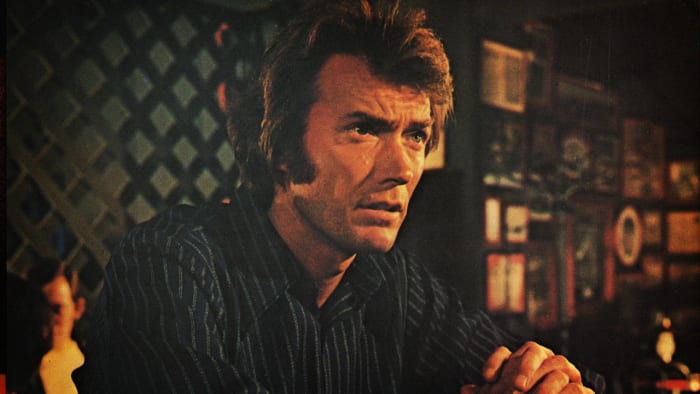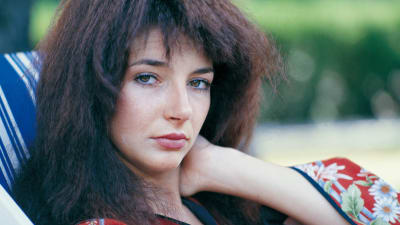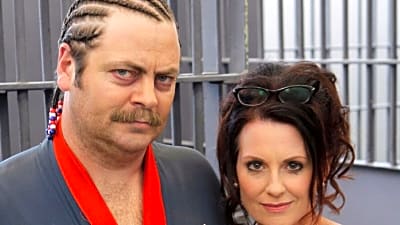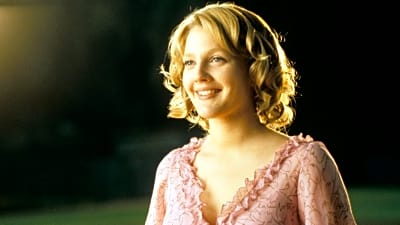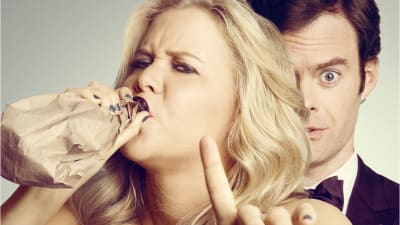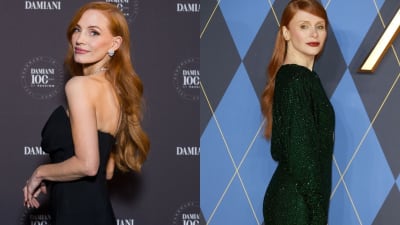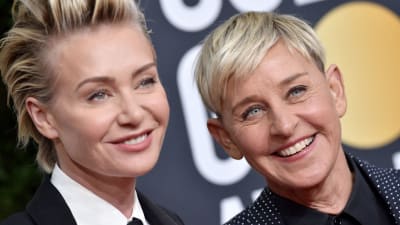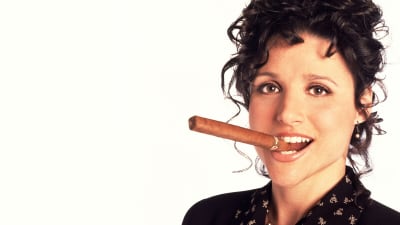x
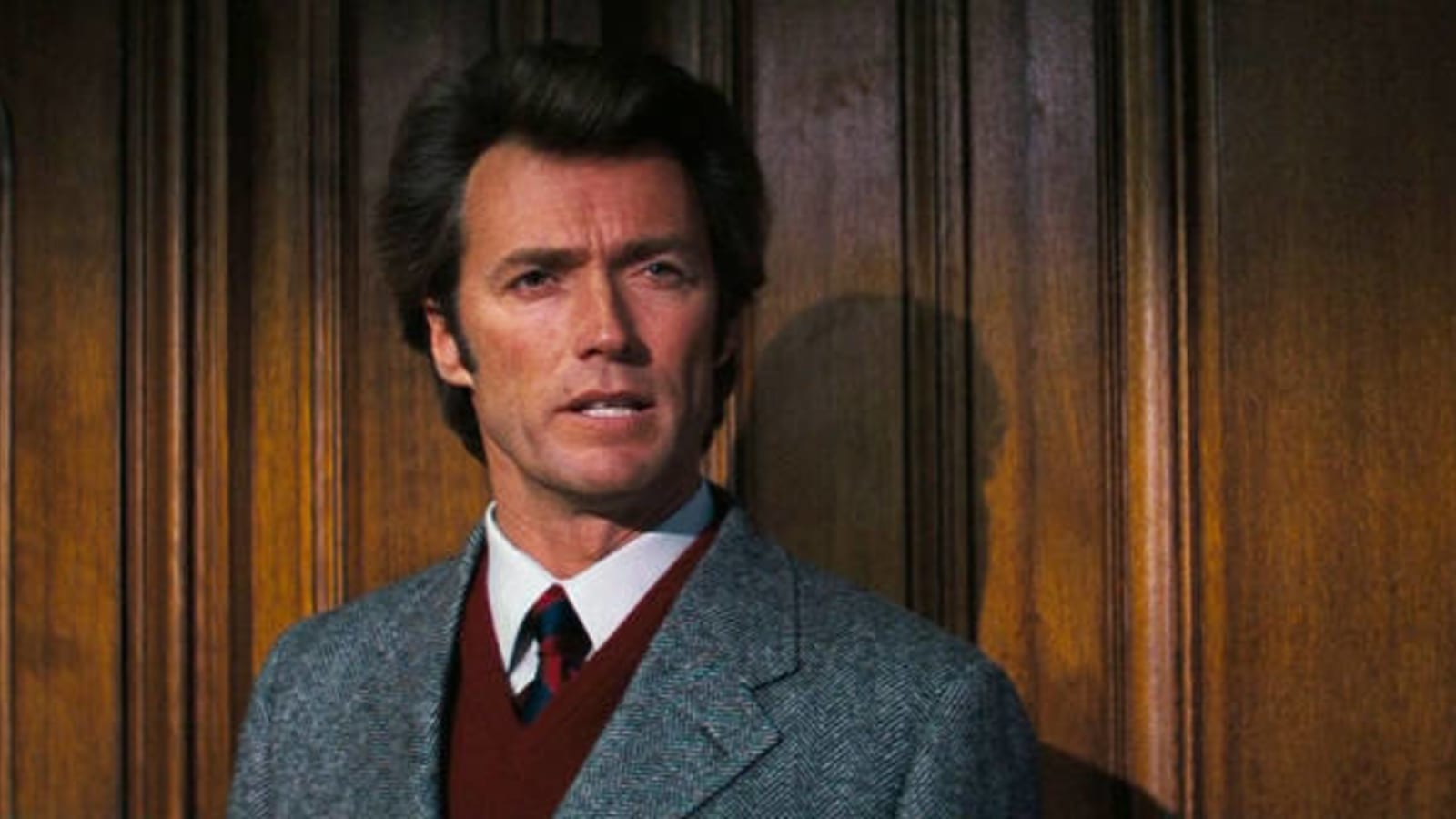
Make our day: Clint Eastwood's 20 best performances, ranked
Clint Eastwood is famously a man of few words, except whenever he speaks with that famously gravelly voice, the lines often become iconic, making each one count on screen . Now 88, Eastwood mostly stays behind the camera these days. But this month, he's back on screen in "The Mule," based on the true story of an elderly drug runner who's quickly running out of road. To celebrate his six decades on screen, we present our list of Clint Eastwood's 20 best performances.
More must-reads:
- The most memorable and unusual sequel titles
- Michael Madsen, Tarantino staple and memorable character actor, has died at 67
- The 25 most important hip hop albums from the '90s
Breaking News
Trending in Entertainment
Customize Your Newsletter
 +
+
Get the latest news and rumors, customized to your favorite sports and teams. Emailed daily. Always free!
